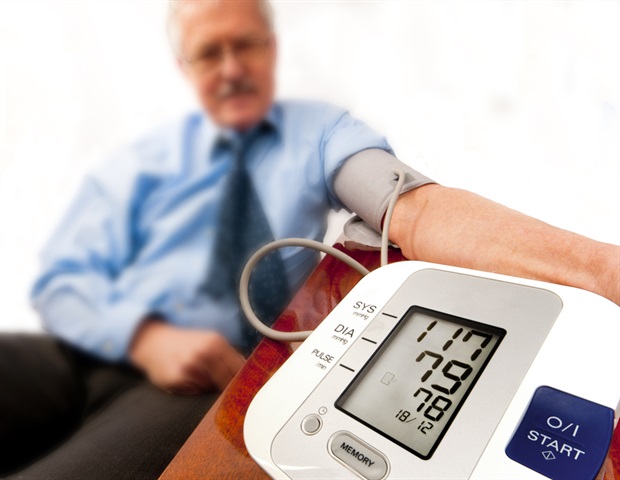Neutropenia is a condition in which there are not enough neutrophils, a type of white blood cell, in the blood. Neutrophils are essential for the body's defence against infection, destroying bacteria and viruses. Early diagnosis of neutropenia allows for more effective patient care, prevention of infections and timely treatment of patients.
This is why the research into neutropenia carried out by the COST Action European Network for Innovative Diagnosis and Treatment of Chronic Neutropenias (EuNet-INNOCHRON) is so important. Professor Helen Papadaki of the University of Crete, Chair of the Action, gives an overview of neutropenia, the Action's efforts to prevent its progression to acute leukaemia, and the new areas of research that have emerged in this field. Understanding neutropenia: causes and recommendations Signs and symptoms of neutropenia include fever, painful swallowing, sore gums, skin abscesses and ear infections.
Children may be irritable and have difficulty feeding. Low blood pressure (hypotension) may also occur in people with neutropenia. Neutropenia can be either acquired or congenital.
Acquired neutropenia can be caused by several factors, including infections, autoimmune diseases, drug exposure, nutritional deficiencies, enlarged spleen or blood disorders. "Today we have many tools to investigate the causes of acquired neutropenia," says Prof. Helen Papadaki.
"Finding a disease associated with neutropenia can help treat both the disease and the neutropenia. .


















